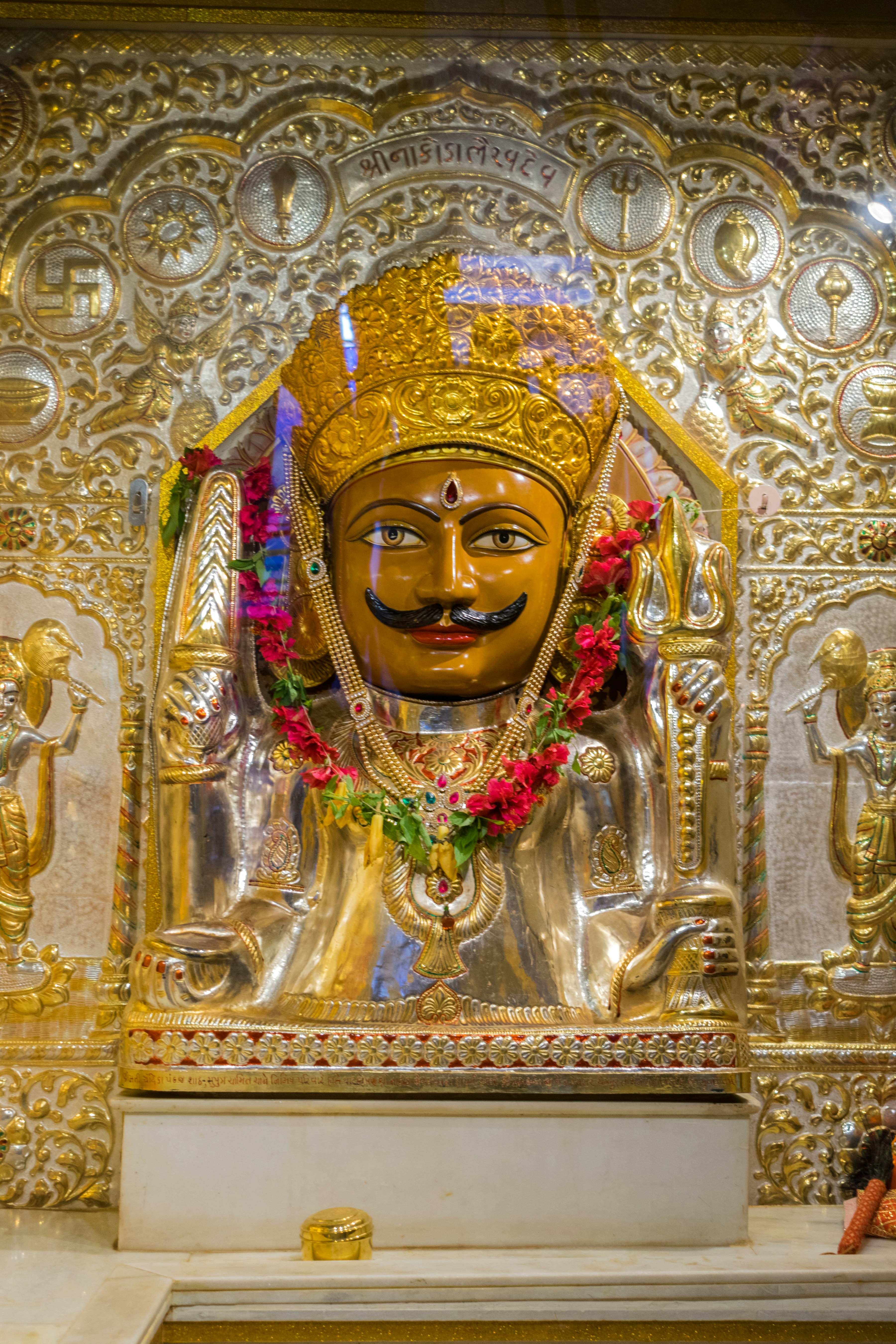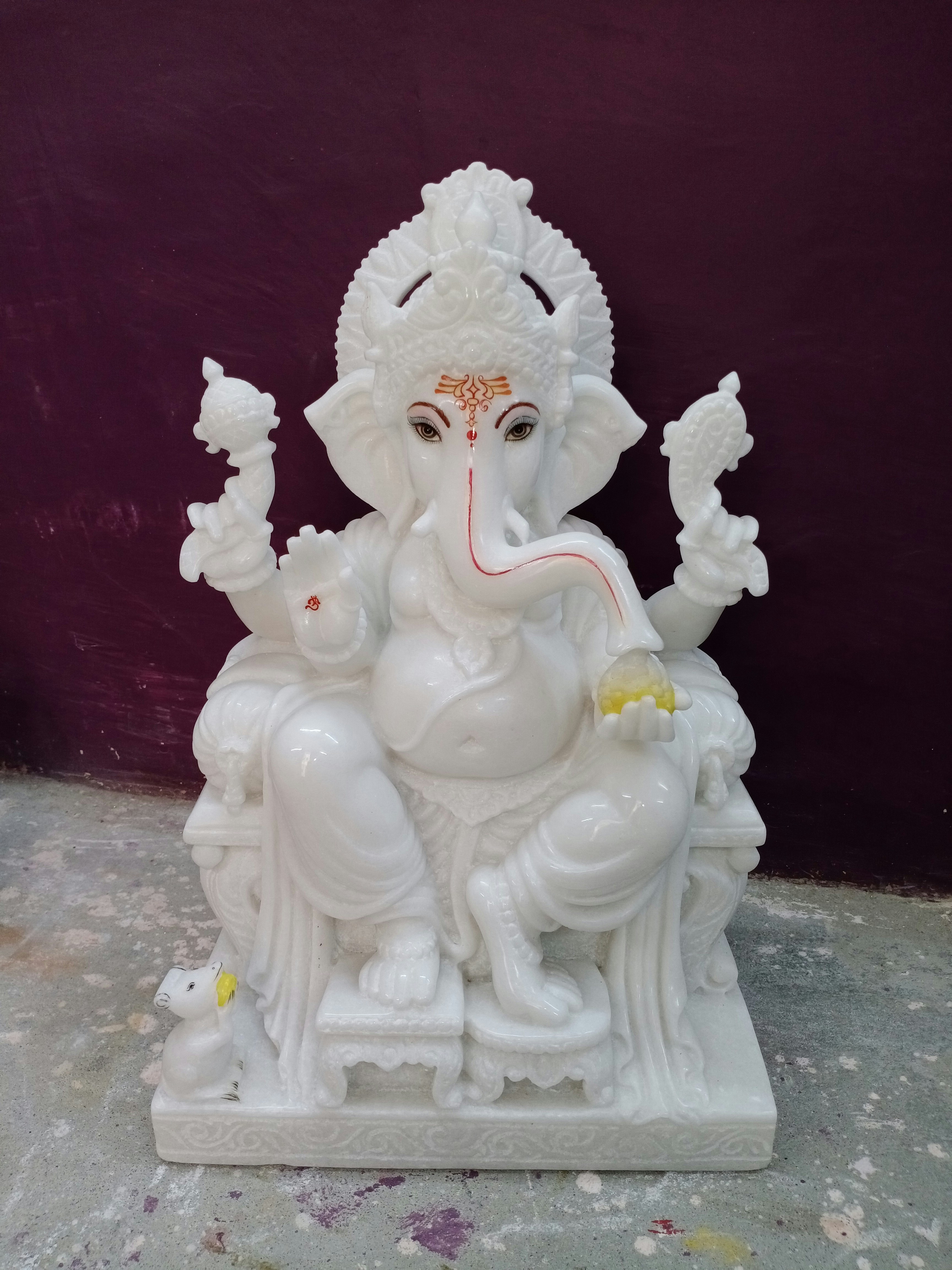Have you ever wondered what the days of the week are named after in Hinduism? Well, in this article, we will explore the fascinating origins of the names of the days in Hinduism. From the sun and moon to the planets and gods, each day holds a special significance and connection to Hindu mythology and beliefs. Get ready to uncover the hidden meanings behind the days of the week as we delve into this intriguing topic.
Table of Contents
Sunday
The Sun god – Lord Surya
Meaning and significance of Sunday in Hinduism
Sunday, the first day of the week, holds great significance in Hinduism as it is dedicated to the Sun god, Lord Surya. In Hindu mythology, Lord Surya is considered the giver of life and energy, representing the essence of light and warmth. He is often depicted riding a chariot pulled by seven horses, symbolizing the seven colors of the rainbow.
Sunday, referred to as “Raviwar” in Hindi, is a day when devotees pay homage to Lord Surya and seek his blessings for a prosperous and radiant life. It is believed that worshiping Lord Surya on Sunday can bring success, good health, and abundance. Devotees usually offer water and flowers to the Sun god and chant mantras to express their gratitude and seek his divine blessings.
Aside from its religious significance, Sunday is also a day for rest and rejuvenation. It is the perfect time to spend quality moments with family and indulge in recreational activities. Whether it’s going for a picnic, taking a leisurely walk, or simply enjoying a sunny day outdoors, Sundays offer a chance to unwind and recharge your spirits. So, make the most of this day by basking in the warm glow of the Sun and finding joy in the simple pleasures of life.
Monday
The Moon god – Lord Chandra
Meaning and significance of Monday in Hinduism
Monday, the second day of the week, is dedicated to the Moon god, Lord Chandra, in Hinduism. Lord Chandra is believed to bestow beauty, calmness, and tranquility. He is often portrayed as fair-skinned, adorned with a crescent moon atop his head.
In Hindu culture, Monday, known as “Somvar” in Hindi, is considered auspicious for worshiping Lord Chandra and seeking his blessings. Devotees offer prayers, light lamps, and chant mantras to honor the Moon god and attain a sense of peace and emotional balance. The soothing influence of Lord Chandra is believed to cool the mind and bring emotional stability.
Apart from its religious significance, Monday is also a day associated with new beginnings and rejuvenation. It is a perfect time to engage in self-care activities, such as meditation, yoga, or spending quality time with loved ones. Use this day to nurture your inner self and connect with your feelings, just like the Moon illuminates the night sky with its gentle glow.
Tuesday
The deity of Mars – Lord Mangal or Kartikeya
Meaning and significance of Tuesday in Hinduism
Tuesday, the third day of the week, is dedicated to the deity of Mars, Lord Mangal or Kartikeya, in Hinduism. Lord Mangal is associated with courage, strength, and power. He is often depicted riding a peacock and holding a spear or a vel, symbolizing his mighty warrior spirit.
In Hindu tradition, Tuesday, known as “Mangalwar” in Hindi, is considered favorable for worshiping Lord Mangal and seeking protection against obstacles and enemies. Devotees offer red flowers, light lamps, and chant mantras to invoke Lord Mangal’s blessings and overcome challenges in life. It is believed that observing fasts and performing rituals on Tuesdays can bring courage, victory, and success.
Beyond its religious significance, Tuesday is a day for action and determination. Use this day to channel your inner warrior and tackle tasks with vigor and tenacity. Whether it’s pursuing your goals or standing up for what you believe in, embrace the energy of Lord Mangal and let his influence empower you to face any obstacle that comes your way.
Wednesday
The deity of Mercury – Lord Budh
Meaning and significance of Wednesday in Hinduism
Wednesday, the fourth day of the week, is dedicated to the deity of Mercury, Lord Budh, in Hinduism. Lord Budh is associated with intellect, communication, and wisdom. He is often depicted riding a lion or a chariot pulled by lions, symbolizing his prowess in knowledge and artistry.
In Hindu culture, Wednesday, known as “Budhwar” in Hindi, is considered propitious for worshiping Lord Budh and seeking his blessings for enhanced intellect and effective communication. Devotees offer green-colored items, like fresh leaves or garments, light incense sticks, and recite mantras to invoke Lord Budh’s grace. It is believed that dedicated prayers and rituals on Wednesdays can improve one’s learning abilities, decision-making skills, and overall mental sharpness.
Apart from its religious significance, Wednesday signifies growth and expansion. Use this day to expand your knowledge through reading, engaging in intellectual conversations, or learning a new skill. Embrace the energy of Lord Budh and let it guide you towards insightful discoveries and effective communication, both with others and with your own inner voice.
Thursday
The deity of Jupiter – Lord Brihaspati
Meaning and significance of Thursday in Hinduism
Thursday, the fifth day of the week, is dedicated to the deity of Jupiter, Lord Brihaspati, in Hinduism. Lord Brihaspati is considered the guru of the gods, representing wisdom, knowledge, and spirituality. He is often depicted with a yellow or golden complexion, riding a chariot drawn by eight divine horses.
In Hindu tradition, Thursday, known as “Guruvar” in Hindi, holds immense significance as a day for worshiping Lord Brihaspati and seeking his blessings for wisdom, success, and spiritual growth. Devotees offer yellow flowers, light lamps, and recite mantras to honor Lord Brihaspati and seek his guidance in their endeavors. It is believed that observing fasts and performing prayers on Thursdays can bring prosperity, good fortune, and an enlightened mind.
Beyond its religious significance, Thursday is a day to expand your horizons and embrace the teachings of wisdom. Use this day to dive into spiritual practices, engage in self-reflection, or seek knowledge through reading scriptures or attending philosophical discourses. Let the influence of Lord Brihaspati inspire you to explore the depths of your own consciousness and embark on a path of personal growth and enlightenment.
Friday
The goddess of love and beauty – Goddess Lakshmi
Meaning and significance of Friday in Hinduism
Friday, the sixth day of the week, is dedicated to the goddess of love and beauty, Goddess Lakshmi, in Hinduism. Goddess Lakshmi is revered as the embodiment of wealth, prosperity, and abundance. She is often depicted in luxurious attire, bestowing blessings and showering golden coins or lotus flowers.
In Hindu culture, Friday, known as “Shukravar” in Hindi, is considered auspicious for worshiping Goddess Lakshmi and seeking her blessings for material and spiritual wealth. Devotees offer flowers, light lamps, and recite mantras to invoke the grace of Goddess Lakshmi and attract prosperity into their lives. It is believed that observing fasts and performing rituals on Fridays can bring financial stability, happiness, and spiritual fulfillment.
Apart from its religious significance, Friday is a day to cultivate love and beauty in all aspects of life. Use this day to appreciate the beauty that surrounds you, practice acts of kindness towards others, and nurture your relationships. Embrace the energy of Goddess Lakshmi and let her influence guide you towards a life filled with love, abundance, and inner and outer beauty.
Saturday
The deity of Saturn – Lord Shani
Meaning and significance of Saturday in Hinduism
Saturday, the seventh and final day of the week, is dedicated to the deity of Saturn, Lord Shani, in Hinduism. Lord Shani is often depicted as a dark, heavy figure, symbolizing discipline, karma, and justice. He is associated with teaching important life lessons through challenges and hardships.
In Hindu tradition, Saturday, known as “Shanivar” in Hindi, is regarded as an important day for worshiping Lord Shani and seeking his blessings to alleviate the effects of negative karma and obstacles in life. Devotees offer black sesame seeds, light lamps, and recite mantras to appease Lord Shani and seek his protection and guidance. It is believed that performing rituals and acts of charity on Saturdays can help navigate the tough phases of life and bring about transformation and spiritual growth.
Beyond its religious significance, Saturday is a day to reflect upon your actions and make amends if necessary. Use this day to assess your life choices, learn from your experiences, and embrace the lessons that have shaped your journey. Let the influence of Lord Shani inspire you to embrace discipline, take responsibility for your actions, and strive towards a path of personal growth and spiritual fulfillment.
Raviwar
Dedicated to the Sun god – Lord Surya
Raviwar, the Hindi name for Sunday, is dedicated to Lord Surya, the Sun god in Hinduism. This day holds immense importance as it marks the beginning of the week and offers an opportunity to seek the blessings of Lord Surya. Devotees offer prayers, perform rituals, and chant mantras to express their gratitude and seek prosperity, health, and vitality in their lives.
Somvar
Dedicated to the Moon god – Lord Chandra
Somvar, the Hindi name for Monday, is dedicated to Lord Chandra, the Moon god in Hinduism. This day is associated with tranquility, emotional balance, and inner peace. Devotees worship Lord Chandra by offering prayers and performing rituals to seek his blessings for a calm and harmonious life.
Mangalwar
Dedicated to the deity of Mars – Lord Mangal or Kartikeya
Mangalwar, the Hindi name for Tuesday, is dedicated to Lord Mangal or Kartikeya, the deity of Mars in Hinduism. This day is believed to bring courage, strength, and victory over obstacles. Devotees worship Lord Mangal to seek his blessings and protection against enemies, while embracing his warrior spirit.
As you explore the significance of each day in Hinduism and the deities associated with them, remember that these are not just rituals but a way to connect with the divine forces and enhance various aspects of your life. Embrace the blessings and wisdom imparted by these celestial beings and let them guide you towards a life filled with joy, abundance, and spiritual growth.


